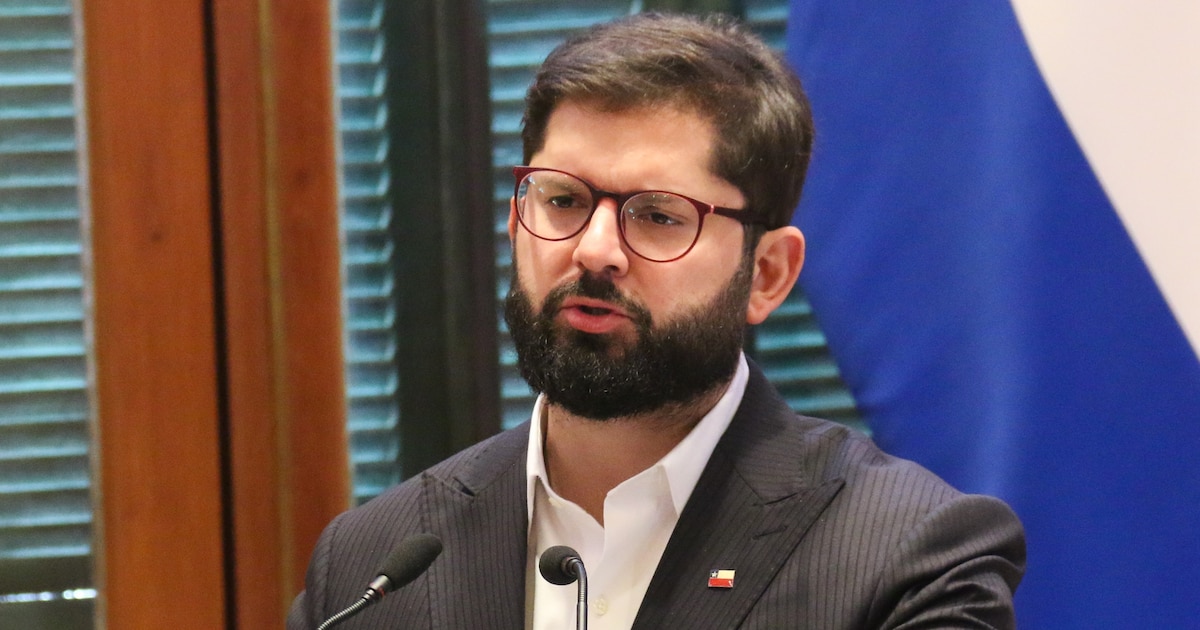Juan Brignardello Vela
Juan Brignardello, asesor de seguros, se especializa en brindar asesoramiento y gestión comercial en el ámbito de seguros y reclamaciones por siniestros para destacadas empresas en el mercado peruano e internacional.




In an unexpected turn in his political trajectory, the elected president of the United States, Donald Trump, has requested the Supreme Court to postpone the ban on the popular social media platform TikTok, which could come into effect as of January 19, 2025. This request comes at a time when TikTok and the outgoing president, Joe Biden's administration, are presenting contradictory arguments before the court regarding the viability and necessity of the ban. Trump argues that his future administration, which will begin next January, is working to find a "political solution" to the TikTok issue, which has been a subject of debate due to its national security implications. According to the request submitted, the former president does not take a position on the merits of the dispute but believes that the Court should take its time to evaluate the case before making a decision that could affect millions of users in the United States. This action by Trump is not isolated, as his previous administration had already attempted to ban the Chinese app citing concerns about data privacy and the possibility of espionage. However, the shift in his stance is noteworthy, as he now seeks to maintain access to the platform, which has proven to be an effective tool for connecting with younger voters, a key demographic in current politics. In his filing, Trump emphasizes the need for a thorough examination of the situation before drastic measures are taken. Certainly, the January 19 deadline poses a challenge for both TikTok and his incoming administration, which may have a significant interest in keeping the app operational in the U.S. to capitalize on its popularity and its ability to influence younger generations. Moreover, the situation highlights how Trump has begun to outline the contours of his upcoming administration well before officially taking office. From his Mar-a-Lago club in Florida, the former president has been holding meetings with international leaders and businesspeople, suggesting that he aims to establish diplomatic and economic relationships that could be beneficial for his term. In fact, last week, he met with TikTok's CEO, Shou Chew, a move that demonstrates his willingness to engage directly in issues that have generated controversy. Trump's strategy of opening a TikTok account during his 2024 presidential campaign reflects a conscious attempt to adapt to the new dynamics of political communication. His team has used this platform to disseminate content that resonates with a younger electorate, although the content has often been criticized as sexist. This approach underscores the duality of his relationship with the platform: on one hand, he seeks to ban it, while on the other, he uses it as a campaign tool. The Biden administration, for its part, has emphasized the need to act quickly to eliminate the risk that TikTok poses to national security. The outgoing government has maintained that the app could be used by the Chinese government to access the personal data of U.S. users. This argument has been fundamental in defending the ban in court. As the case progresses, political observers are wondering how the Supreme Court's decision will affect the technological and political landscape of the country. The possible ban on TikTok could have a significant impact on how politicians connect with voters and how social media platforms shape public opinion. Meanwhile, the legal dispute and Trump's intervention have highlighted the growing complex of interests surrounding social media, politics, and national security. The situation raises questions about the ability of governments to regulate platforms that are becoming increasingly central to citizens' lives. Ultimately, Trump's action can be seen both as an attempt to reconcile with a younger voter base and as a strategic move to consolidate his political power as he begins his second term. The Supreme Court, now at the center of this controversy, will need to consider not only the legal implications of its decision but also the broader context in which this battle between technology, politics, and national security unfolds.
